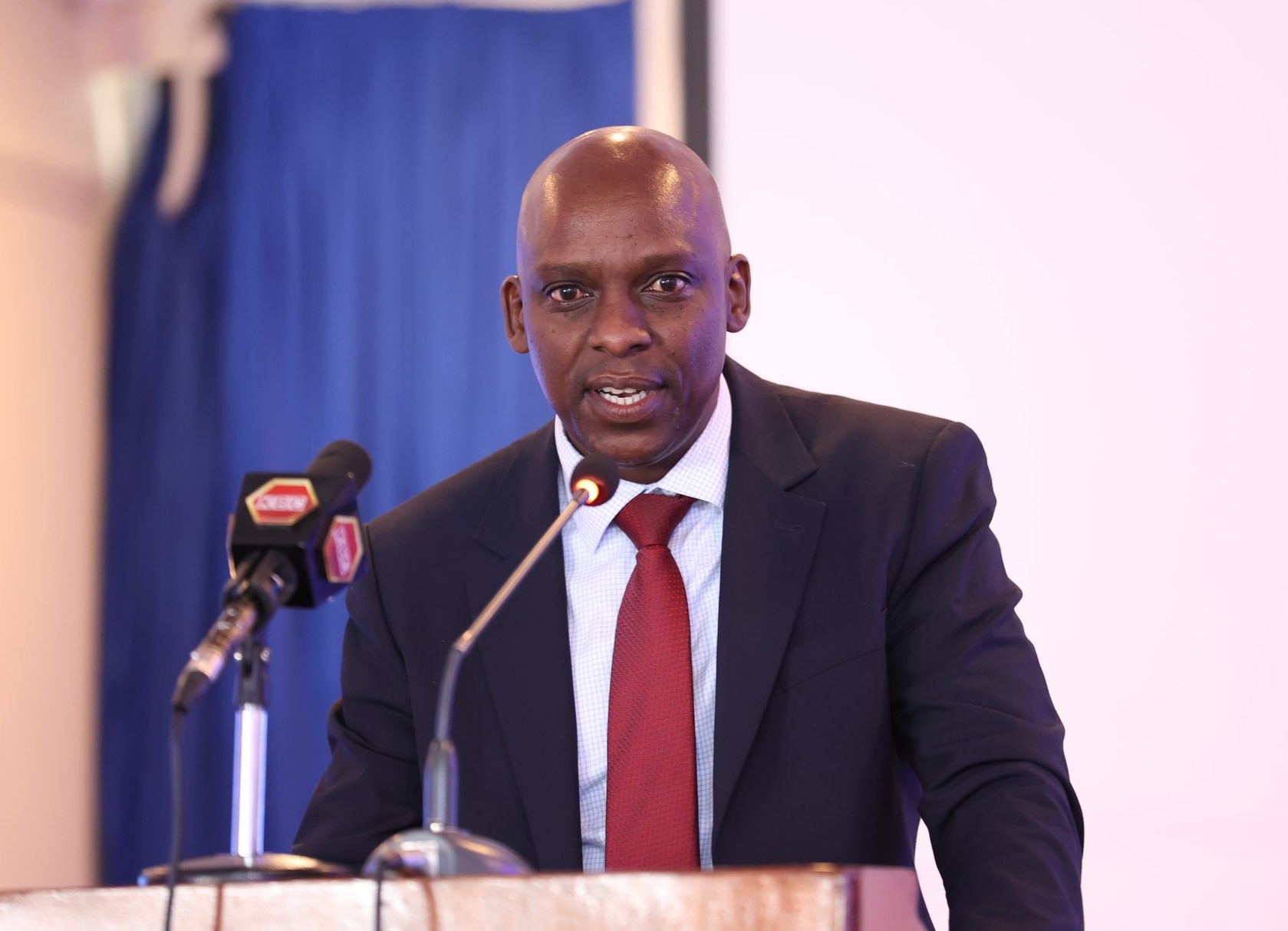Four years on: Auditor General Nancy Gathungu still locked out of NHIF claims system

The administrators of NHIF’s outsourced e-claims system refused to grant auditors access to log files, key records that could confirm whether medical claims were properly processed or manipulated.
Auditor General Nancy Gathungu’s latest report has revealed that NHIF blocked her office from accessing the very system needed to verify billions of shillings in transactions, deepening fears that the state health insurer is deliberately hiding financial irregularities.
The audit, covering the year ending June 30, 2024, shows that administrators of NHIF’s outsourced e-claims system refused to grant auditors access to log files, key records that could confirm whether medical claims were properly processed or manipulated.
More To Read
- EduAfya audit uncovers 'ghost students', Sh2.3 billion overpayment
- Sh16.6 million disbursed to 14 ghost schools, Auditor General reveals
- Health CS Aden Duale grilled over failure to deliver care for invisible disability patients
- Health CS Duale cracks down on hospital overcrowding, demands accurate bed capacity data
- NHIF staff face fresh vetting for SHA jobs as court upholds open hiring mandate
- Auditor-General Nancy Gathungu slams Office of the President for stalled small claims courts in Nairobi
“These log files are crucial for audit verification of transactional data, but could not be accessed, as administrative privileges, including full access to these critical files, are exclusively managed by the system vendor,” Gathungu said in the report submitted to Parliament.
This is not the first time NHIF has denied audit access to its systems. The same issue was raised in 2020 when the outsourced e-claims platform was first flagged for its lack of transparency, a situation that has remained unresolved four years later.
The blocked access means that auditors were unable to verify the accuracy and legitimacy of Sh22.5 billion in payments made by NHIF to various healthcare providers, with many of the claims flagged as irregular or unsupported.
“In the circumstances, the effectiveness of internal controls on the e-claim system on access rights could not be confirmed,” the report notes.
The audit uncovered serious weaknesses in NHIF’s handling of claims, including Sh16.8 billion paid out for claims submitted after the 30-day deadline, despite previous warnings over the same loophole.
In 2023, the fund processed Sh12.1 billion worth of delayed claims under similar circumstances.
Even more worrying, the report shows NHIF paid Sh3.1 billion before any claims were formally submitted, and another Sh990 million was processed without the required pre-authorisation. Hospitals also received Sh1.2 billion in overpayments, with no evidence of correction.
The report exposes the fund’s failure to act on repeated audit concerns. In 2022, auditors questioned Sh5.2 billion in payments lacking proper documentation, while in 2023, another Sh3.6 billion in duplicate and fictitious claims was flagged.
In the current report, auditors could not account for Sh7.5 billion out of the Sh40.2 billion NHIF reported as contributions.
The audit also found Sh1.9 billion in duplicated records and Sh1.7 billion in transactions with no valid dates.
The audit raises additional concerns about the ongoing transition to the new Social Health Authority.
The committee overseeing the process was faulted for failing to prepare a handover plan, echoing a similar gap in 2023 that led to Sh2.1 billion in unaccounted medical equipment purchases.
NHIF was also cited for salary-related breaches, including Sh4.4 million paid more than basic salaries and Sh458,000 in unauthorised house allowances.
Despite consistent audit reports raising similar issues year after year, NHIF has failed to implement key reforms to improve financial oversight.
The denial of audit access now adds a fresh layer of concern about the integrity of its systems and the potential cover-up of fraud.
Top Stories Today
Reader Comments
Trending












































